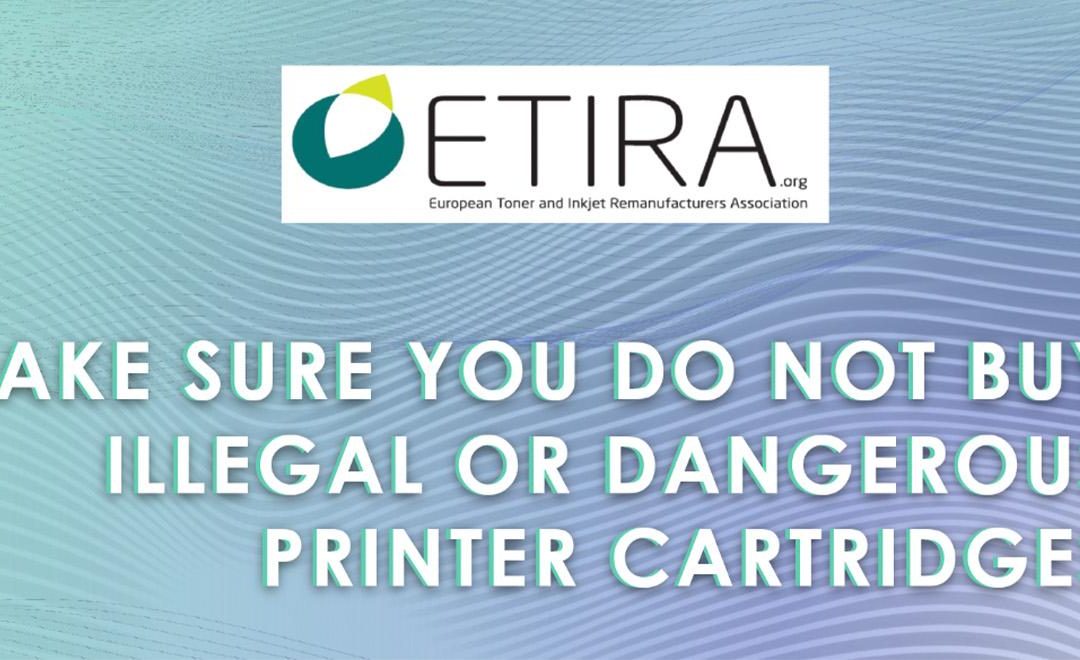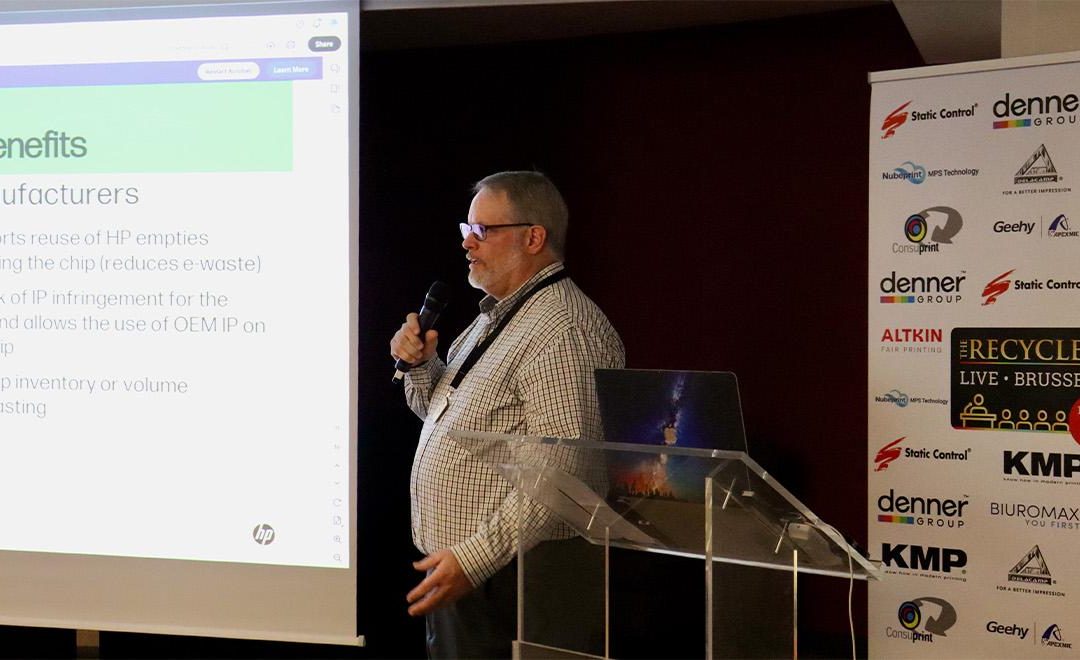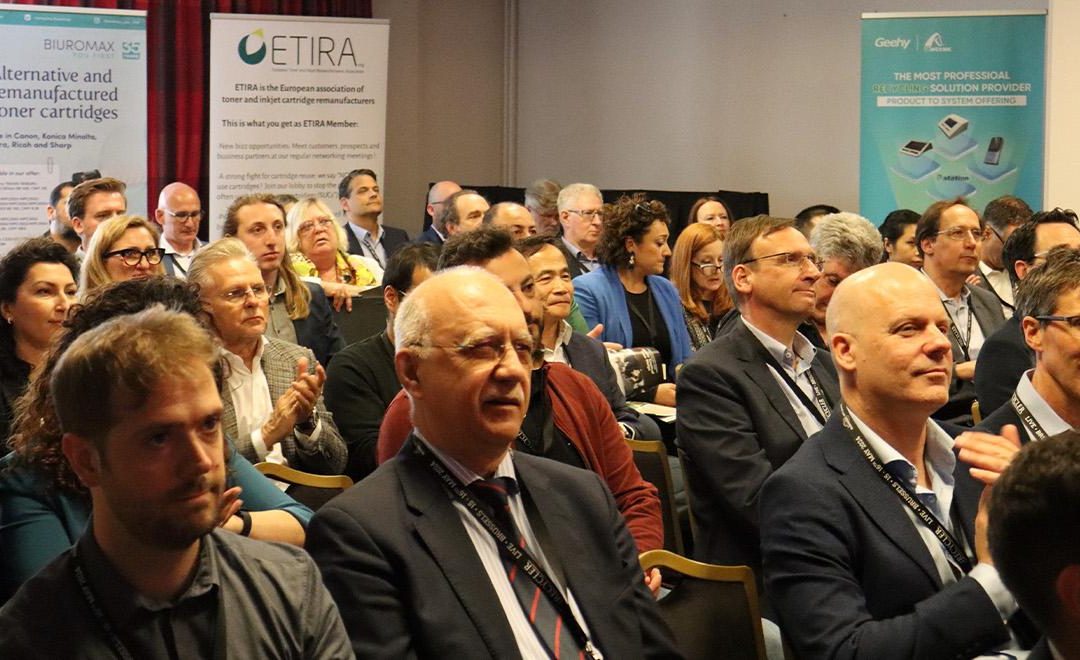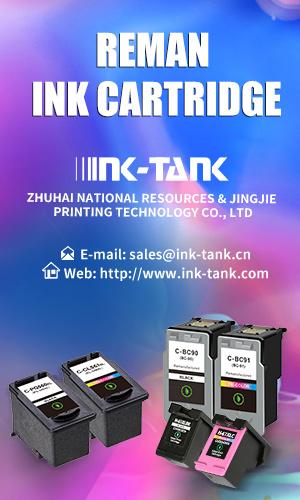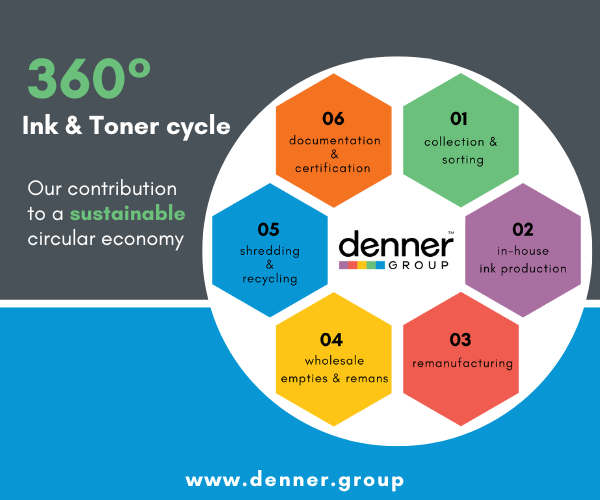 Amidst an ever-evolving world of technology, printing remains essential. Embracing copier and printer reuse is the key to ensuring its continued relevance and sustainability.
Amidst an ever-evolving world of technology, printing remains essential. Embracing copier and printer reuse is the key to ensuring its continued relevance and sustainability.
“In an ever-evolving world, the buzzwords may shift and change, from DX to AI and Hybrid technologies, but one thing remains constant – the need for printing,” says Arti-Italia’s Giovanni Ravelli.
Amidst the rapid changes, printing continues to hold its significance. However, the question arises, how can we ensure its continued relevance amidst such dynamism? The answer lies in exploring the new frontier of copier and printer reuse. To extend the lifespan of these machines and make them more sustainable, users must adopt practices like switching off their devices when not in use. Essential and enduring, printing serves a critical purpose. It finds its stronghold in vertical markets where its value remains evident. Embracing the concept of reused hardware is key to preserving its relevance and ensuring its continued usefulness.
Legislation, the pursuit of sustainability, and an increasing demand for reuse and the right to repair are poised to shape the market’s future demand. The pivotal issue of Right to Repair will exert significant influence on the environment, industries, and consumers alike. As we saw in Barcelona at The Recycler Live conference, the Brussels-based organization ‘Right to Repair’ is actively engaging and disseminating developments and progress with key stakeholders.
Arti-Italia, the trade association for Italian remanufacturers suggests that enhancing repair affordability can be achieved through the implementation of price restrictions on spare parts. Additionally, to encourage repairs, the price of spare parts should be a significant factor in the EU repair index, complemented by the introduction of a European framework that offers financial incentives for repair initiatives.
The Italian competition authority, (AGCM), has acted against misleading market communication, specifically regarding the freedom of choice for consumables. Giovanni Ravelli of Arti-Italia commented” Imagine purchasing a car only to be compelled to use a single brand of fuel or electricity supplier. AGCM has already sanctioned such practices.”
The efforts of the Arti-Italia association led to Italy mandating that tenders should include 30% remanufactured cartridges. Yet in the consumables sector, a two-digit percentage penetration of genuinely remanufactured products has not yet been reached, despite CAM requiring 30%.
“In Italy there are, thanks to the unremitting efforts of our association ARTI-Italia, minimum environmental criteria for the supplies of toner and inkjet cartridges (CAMs) have existed since 2013 and have also been updated in 2019 for both printing consumables and printers that can finally be purchased by public administrations now also second-hand, used and appropriately overhauled or remanufactured. It is important to know that a printer is, on average, used or rented for only 5 hours, not even a full working day, and finally after three or four years, although functional, it is replaced. This happens because it is economically convenient, but one ignores the fact that considerable environmental damage is being done as it is being turned into WEEE!” Ravelli added.
According to Ravelli, “Contracting authorities purchasing new cartridges will need to ensure their tenders meet the following requirements [that] there is “an integrated service of collection of used empties, preparation for reuse and supply of remanufactured toner and ink-jet cartridges.” At the same time the purchase of cartridges should include at least 30% are CAM compliant remanufactured cartridges. These obligations concern tenders above and below the Community threshold, including direct awards below €40,000 ($48,000).
Arti-Italia also expressed concern about misleading eco-labels that do not adequately confirm the genuineness of products and their compliance with the Minimum Environmental Criteria. This confusion makes it difficult to identify malfeasance and fraud within the sector, undermining efforts towards sustainability and the circular economy.
To address these challenges, Arti-Italia called for building stronger collaborations with like-minded stakeholders, including Original Equipment Manufacturers (OEMs), retailers, distributors, and end-users. The association aims to create a united front against sellers of clones, compatibles, NBCs, and counterfeiters of originals, who might hinder the adoption of sustainable practices and transparency in the industry.




